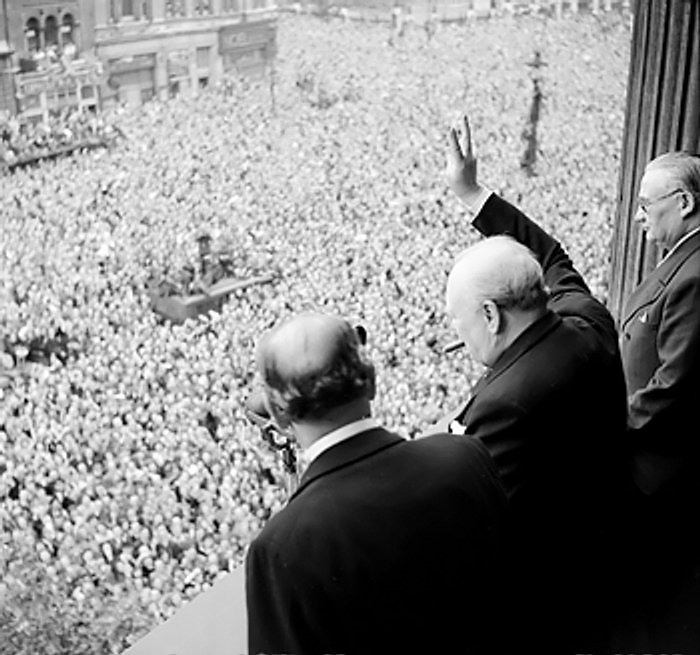As we near the end of this semester it's important we take the time to reflect--not only for this class--but in all things in life. You said last week something to the extent of, "students learn a lot through reflection," and it came off as unintentionally poignant. Maybe we take too little time to reflect in education. Everybody's always in a hurry: to get grades, to get diplomas, to get jobs--it's easy to forget that we're actually here to learn in the wake of a great paper chase.
As far as the class is concerned: on the whole I was satiated with the whole experience. I had my queries with the textbook (which I lamented about in my very first blog post), but it was still readable. My only issue with the discussion posts is that we switched formats midway through the semester which left caused me some confusion. Though, I don't see this as being a problem for future classes since we know have canvas.
The rest of the assignments were fine. As somebody who is not "technocentric," I did find the number of different web-type tools we used a little daunting. Although we met weekly I felt this class had an incredible pace. My favorite assignment was the webquest and my least favorite was the powerpoint, only because I have a phobia of speaking in public.
The only thing I would do different in this class as a teacher is focus more on the different educational theories and how each could incorporate technology. Personally, it's one of my favorite areas of study pertaining to education.
Referring back to the syllabus, I enjoyed how you managed to apply TIM (technology/information management). I feel the way relates to the general education outcomes was just right. My only critique would be adding a little more GSR-esque assignments, or use it in some of the aforementioned ones.
 |
| Photo credit: Wikipedia Commons (Winston Churchill waving goodbye to a crowd--I found it somewhat fitting) |